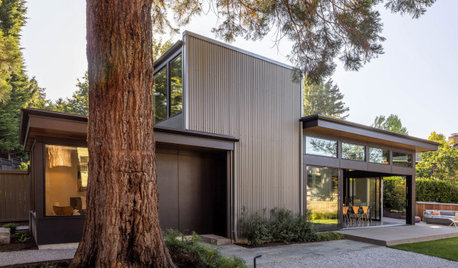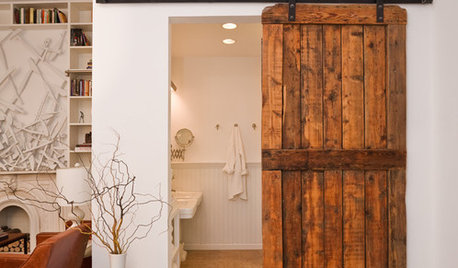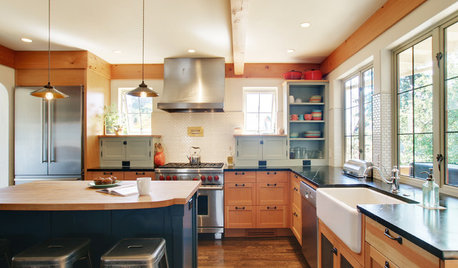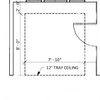General Build Questions?
lryan
12 years ago
Related Stories

WORKING WITH PROS10 Questions to Ask Potential Contractors
Ensure the right fit by interviewing general contractors about topics that go beyond the basics
Full Story
WORKING WITH PROS9 Questions to Ask a Home Remodeler Before You Meet
Save time and effort by ruling out deal breakers with your contractor before an in-person session
Full Story
GREEN BUILDINGConsidering Concrete Floors? 3 Green-Minded Questions to Ask
Learn what’s in your concrete and about sustainability to make a healthy choice for your home and the earth
Full Story
MOVINGHiring a Home Inspector? Ask These 10 Questions
How to make sure the pro who performs your home inspection is properly qualified and insured, so you can protect your big investment
Full Story
REMODELING GUIDESSurvive Your Home Remodel: 11 Must-Ask Questions
Plan ahead to keep minor hassles from turning into major headaches during an extensive renovation
Full Story
REMODELING GUIDESConsidering a Fixer-Upper? 15 Questions to Ask First
Learn about the hidden costs and treasures of older homes to avoid budget surprises and accidentally tossing valuable features
Full Story
GREEN DECORATING8 Questions to Help You See Through Green Hype
With the ecofriendly bandwagon picking up some dubious passengers, here's how to tell truly green products and services from the imposters
Full Story
DOORS5 Questions to Ask Before Installing a Barn Door
Find out whether that barn door you love is the right solution for your space
Full Story
MOST POPULAR8 Questions to Ask Yourself Before Meeting With Your Designer
Thinking in advance about how you use your space will get your first design consultation off to its best start
Full Story
FEEL-GOOD HOMEThe Question That Can Make You Love Your Home More
Change your relationship with your house for the better by focusing on the answer to something designers often ask
Full StoryMore Discussions










renovator8
bevangel_i_h8_h0uzz
Related Professionals
Auburn Hills Architects & Building Designers · Charleston Architects & Building Designers · Lafayette Architects & Building Designers · Middle River Architects & Building Designers · Palmer Architects & Building Designers · Vancouver Architects & Building Designers · Mililani Town Design-Build Firms · Yorkville Design-Build Firms · New River Home Builders · Bel Air General Contractors · Brighton General Contractors · Exeter General Contractors · Forest Hills General Contractors · Van Buren General Contractors · Winton General ContractorslryanOriginal Author
renovator8
bevangel_i_h8_h0uzz
lryanOriginal Author
bevangel_i_h8_h0uzz
robin0919
lryanOriginal Author
renovator8
lryanOriginal Author
renovator8